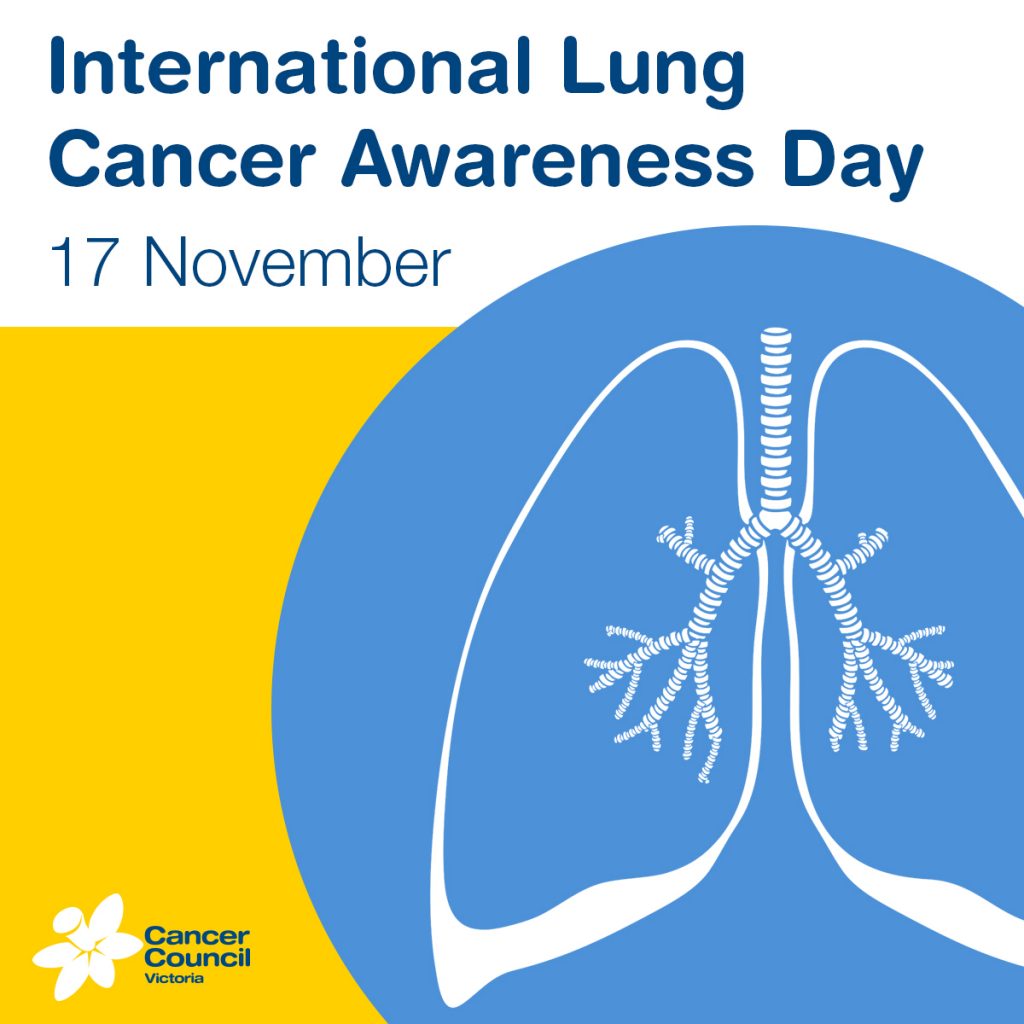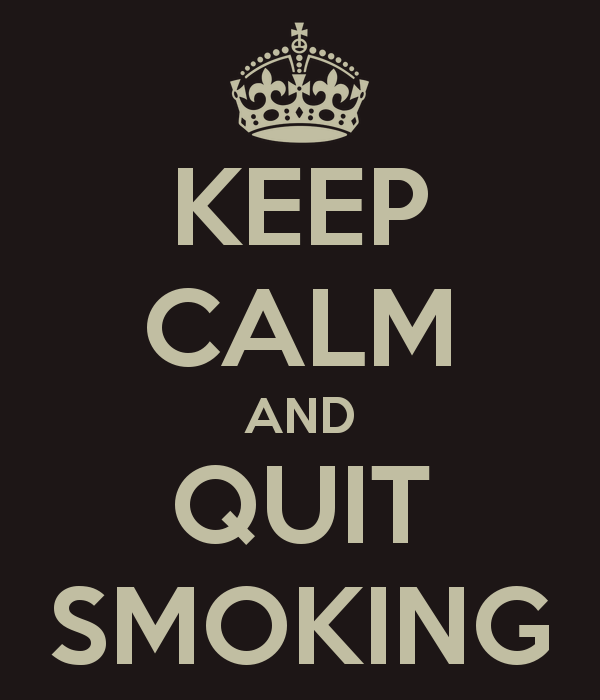Tomorrow is Lung Cancer Awareness Day 2017 so Leicester’s Hospitals’ Lung cancer nurses have organised an East Midlands Lung Cancer Awareness day at Loughborough University on 17 November from 9am-4pm in the Students Union.
The day is part of lung cancer awareness month and this year it is being held at the University to show students the importance of looking after your lungs. Students, members of the Public and also the local healthcare system are all invited to learn about early signs and symptom recognition of lung cancer. The team have a pair of giant inflatable lungs to grab people’s attention and to be used as a learning tool.
Other attendees at the event include Macmillan, Roy Castle Lung Cancer Foundation, and the Leicester Smoking cessation team. This is the main event in the East Midlands, whilst events are also taking place across other regions of the country.
Sue Manship, Smoking Cessation Specialist at Leicester’s Hospitals, said: “Most cases of lung cancer are caused by smoking, although people who have never smoked can also develop the condition. Smoking is responsible for more than 85% of all cases. If you smoke, the best way to prevent lung cancer and other serious conditions is to stop smoking as soon as possible. Speak to the team at the event for more information about available support.”
Sharon Savory, Lung Cancer Nurse Specialist at Leicester’s Hospitals, explained why she set up the event: “November is lung cancer awareness month and in the East Midlands we like to raise awareness of the disease and promote early symptom recognition and better outcomes with early detection.
“We have over the last few years held the event in the city centre but after two years of getting soaking wet and having soggy leaflets we decided to go for an indoor venue!!! We want to show the students at the University how to love their lungs, look after them and recognise any changes in their health relating to the lungs. As a team we look forward to awareness month as it is our chance to show case lung cancer and how well people can respond if referred early.”
Lorraine Dallas, Director of Information and Support Services at Roy Castle Lung Cancer Foundation, added: “Lung health is vital. Too few people properly understand that if you have lungs, you can get lung cancer. It can affect anyone, regardless of lifestyle, fitness and background. It’s important to be aware of the signs and symptoms to look out for, because early detection is the key to getting effective treatment”.




